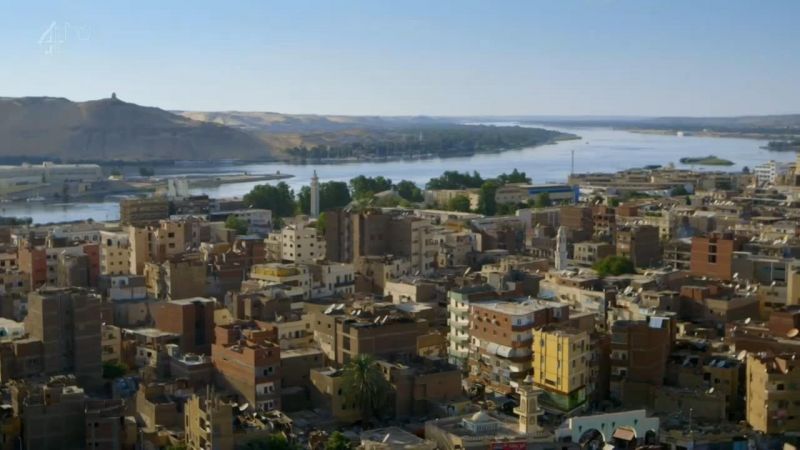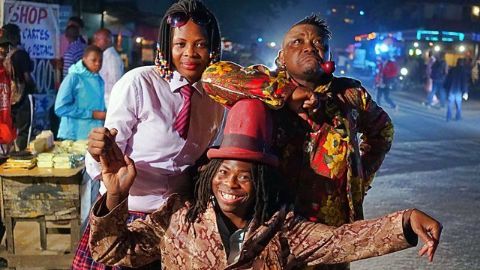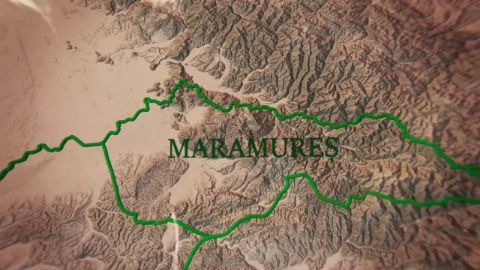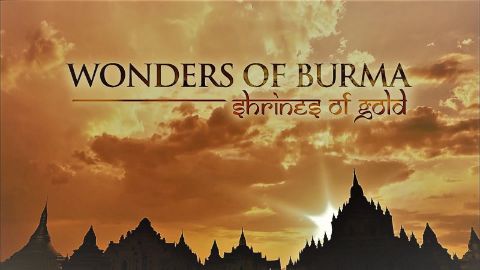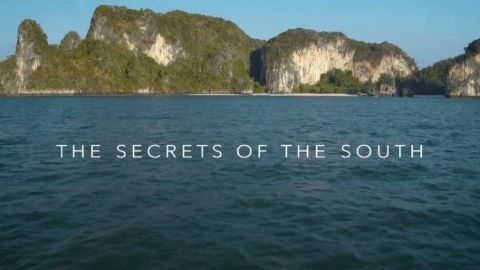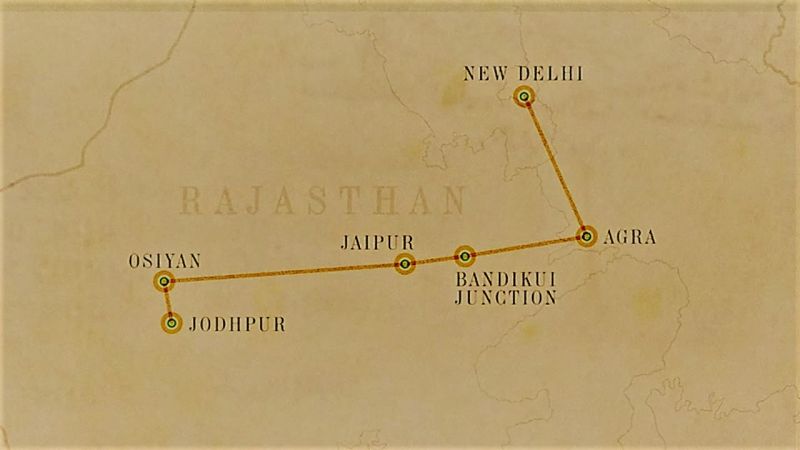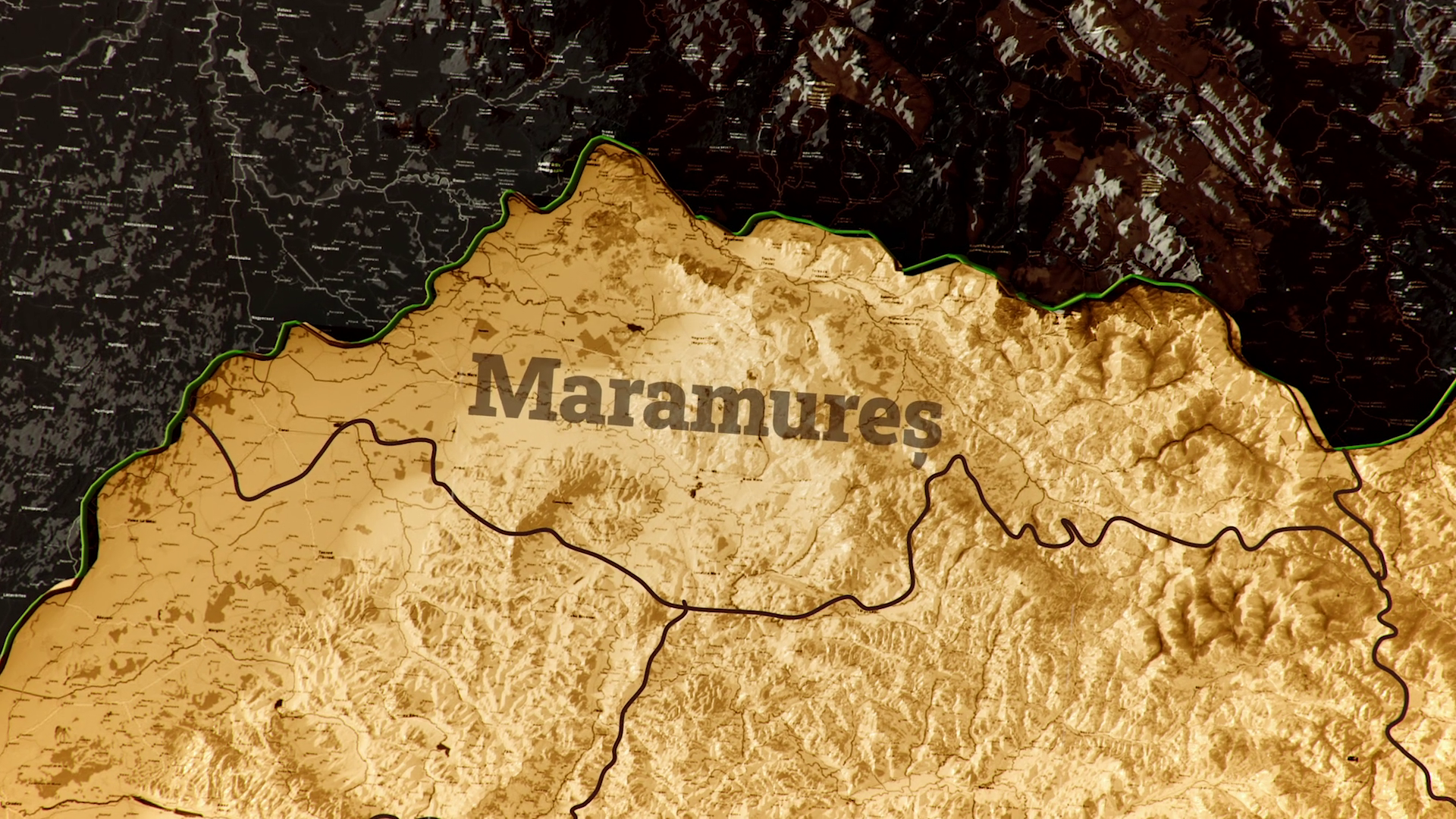Part 2 • 2015 • episode "S1E2" • Walking the Nile with Levison Wood
Four months into his journey, explorer Levison Wood arrives in the capital of the world's newest nation, South Sudan, only to be arrested by secret police. After several days' delay he and his guide Boston are allowed to continue onwards and soon enjoy a highlight of the trek - an encounter with members of the Mundari tribe. This community has set up a cattle camp on an island in the middle of the River Nile, where its members lead a very simple and sustainable existence of only drinking milk, burning cow dung, washing in cow urine and covering themselves in ash to ward off flies and mosquitos. After bidding them farewell, Lev finds himself caught up in the worsening civil war as his path winds through minefields and he witnesses increasing numbers of refugees fleeing in the opposite direction.
Make a donation
Buy a brother a hot coffee? Or a cold beer?
Hope you're finding these documentaries fascinating and eye-opening. It's just me, working hard behind the scenes to bring you this enriching content.
Running and maintaining a website like this takes time and resources. That's why I'm reaching out to you. If you appreciate what I do and would like to support my efforts, would you consider "buying me a coffee"?
Donation addresses
BTC: bc1q8ldskxh4x9qnddhcrgcun8rtvddeldm2a07r2v
ETH: 0x5CCAAA1afc5c5D814129d99277dDb5A979672116
With your donation through , you can show your appreciation and help me keep this project going. Every contribution, no matter how small, makes a significant impact. It goes directly towards covering server costs.



